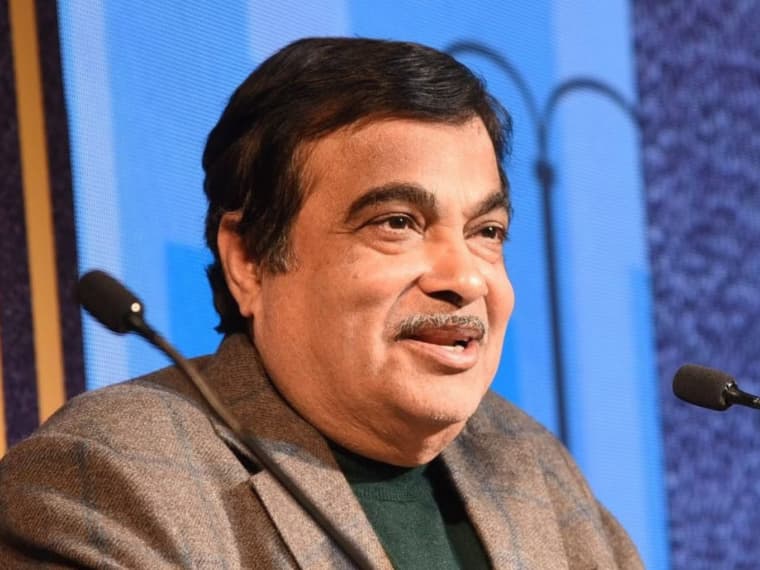
Nitin Gadkari strongly opposed the introduction of driverless cars in India, citing worries about drivers losing their jobs
Gadkari said introduction of driverless cars can result in approximately 70-80 Lakh people losing their jobs
The minister also clarified that although Tesla is invited to operate in India, manufacturing in China for sales in India is not permissible
Union Minister of Road Transport and Highways Nitin Gadkari has reportedly said that driverless cars will not be allowed in India to protect the jobs of drivers.




 Fintech
Fintech Travel Tech
Travel Tech Electric Vehicle
Electric Vehicle Health Tech
Health Tech Edtech
Edtech IT
IT Logistics
Logistics Retail
Retail Ecommerce
Ecommerce Startup Ecosystem
Startup Ecosystem Enterprise Tech
Enterprise Tech Clean Tech
Clean Tech Consumer Internet
Consumer Internet Agritech
Agritech




























